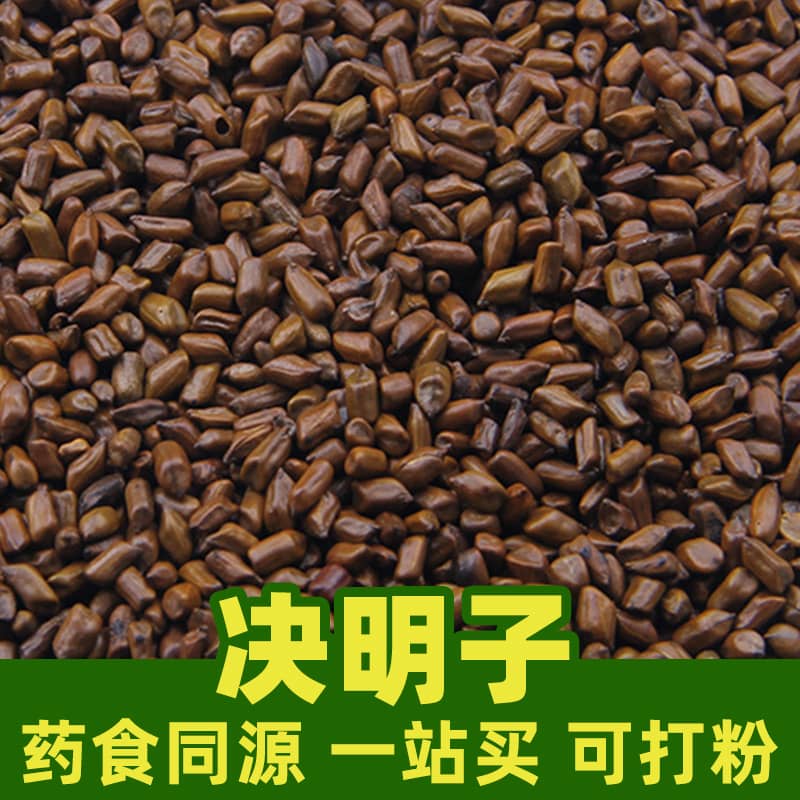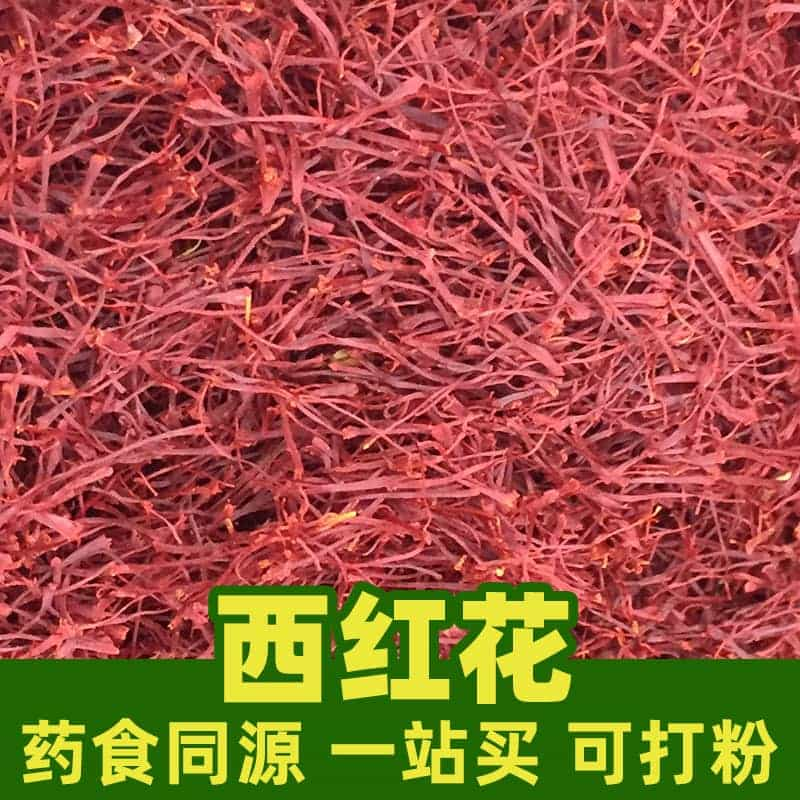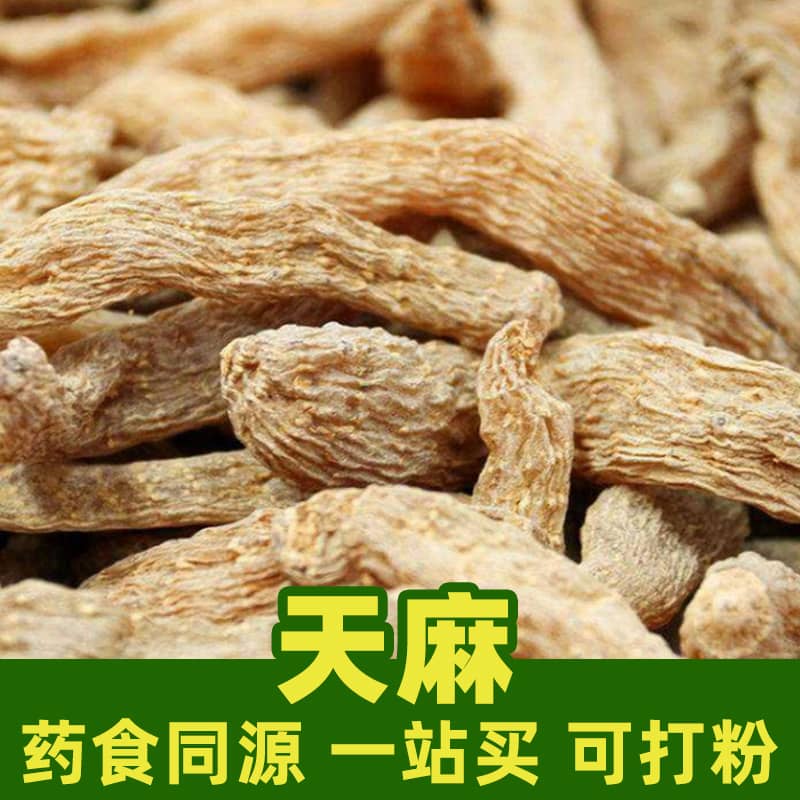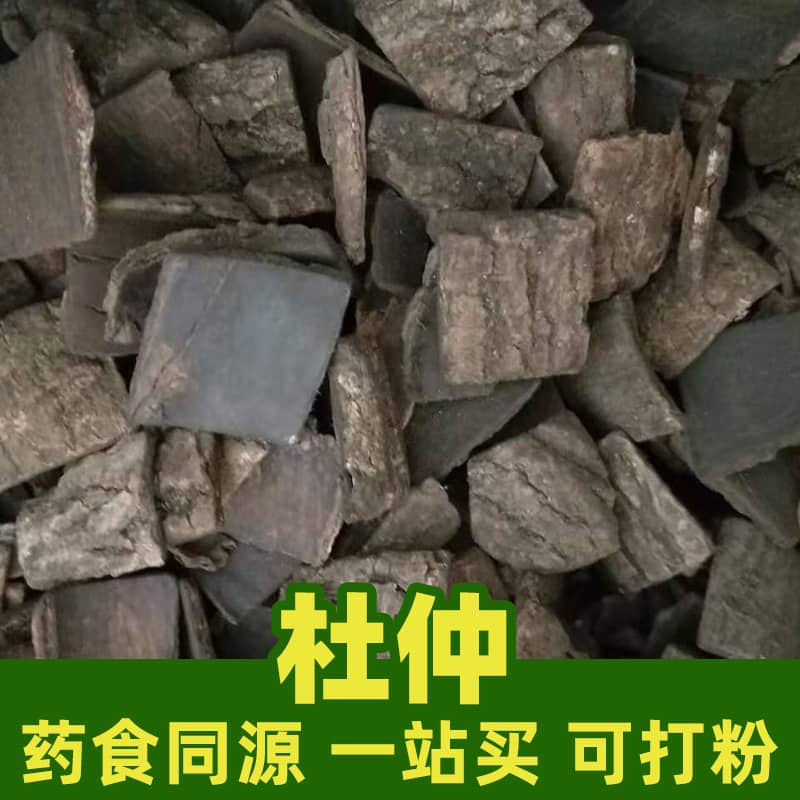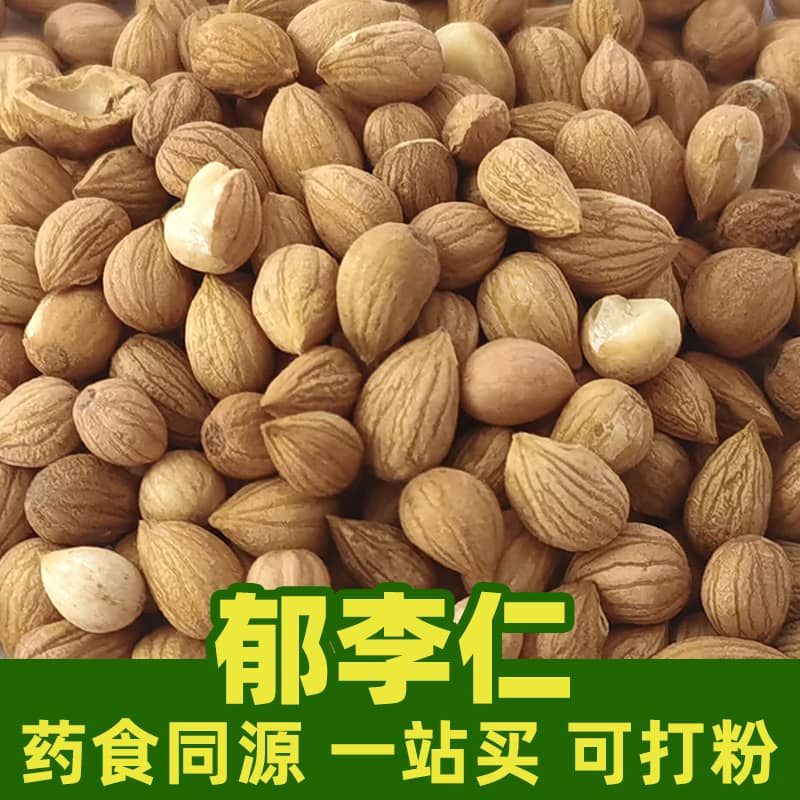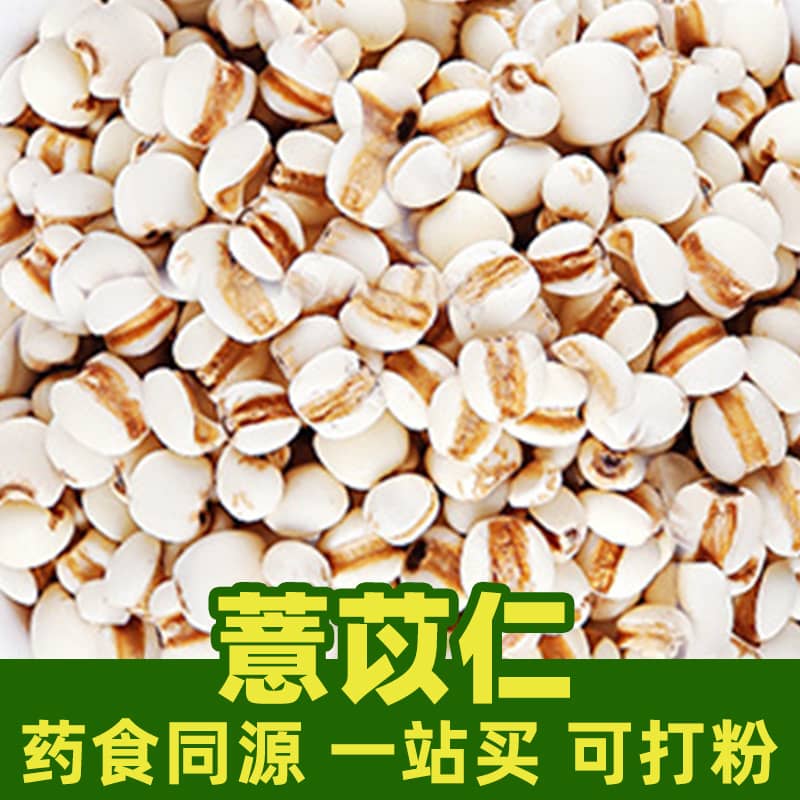Product Introduction
Red date is the fruit of the jujube tree and is a common fruit and traditional Chinese medicinal herb. It is rich in nutrients and has various health benefits, commonly used to nourish the blood and qi, regulate the spleen and stomach, and enhance immunity.
Main Active Ingredients
Red dates are rich in carbohydrates, fats, proteins, various vitamins (such as vitamin C, vitamin A, and B vitamins), and minerals (such as iron, calcium, and zinc). These components contribute to the red date's ability to nourish the blood and qi, regulate the spleen and stomach, and enhance immunity.
Application Scenarios and Usage
Red dates have extensive applications in both traditional Chinese medicine and the food industry. In traditional Chinese medicine, they are used to nourish the blood and qi, regulate the spleen and stomach, and improve anemia-related issues. In the food industry, red dates can be eaten as a snack or used to make various pastries, sweet soups, and soups.
The quantity of red dates can be adjusted based on individual needs. Generally, consuming 10-15 red dates per serving meets daily nutritional needs. For specific health conditions or traditional Chinese medicine formulas, follow the advice of a physician or recipe guidelines.
Source Plant Introduction, Distribution, and Growth Environment
Red dates come from the jujube tree (scientific name: Ziziphus jujuba Mill.), which belongs to the Rhamnaceae family. The jujube tree is native to China and is widely cultivated in China, Korea, Japan, and other Asian countries. The jujube tree prefers warm climates and ample sunlight and is highly adaptable, able to grow in various soil types.
Harvesting, Processing, and Storage
Red dates are typically harvested when the fruit is fully mature but not yet fallen. After harvesting, red dates can be dried or processed to prevent spoilage and maintain quality.
For storage, red dates should be kept in a dry, cool place, avoiding direct sunlight and moisture. Proper storage can extend the shelf life of red dates and maintain their nutritional value.
In conclusion, red dates are a common fruit rich in various nutrients with health benefits such as nourishing the blood and qi, regulating the spleen and stomach, and enhancing immunity. They are widely used in traditional Chinese medicine and the food industry. Choosing high-quality red dates can add both health benefits and flavor to your diet.
Monica Sun is a seasoned expert in the natural raw materials industry, with over a decade of experience specializing in traditional Chinese medicinal herbs, spices, and fungi. She is skilled in the sourcing, processing, and application of these materials, emphasizing sustainability and innovation. Monica Sun has contributed to the development of high-quality natural raw materials that serve as essential components in functional foods, pharmaceuticals, and cosmetics, delivering tailored solutions to meet diverse market needs.









